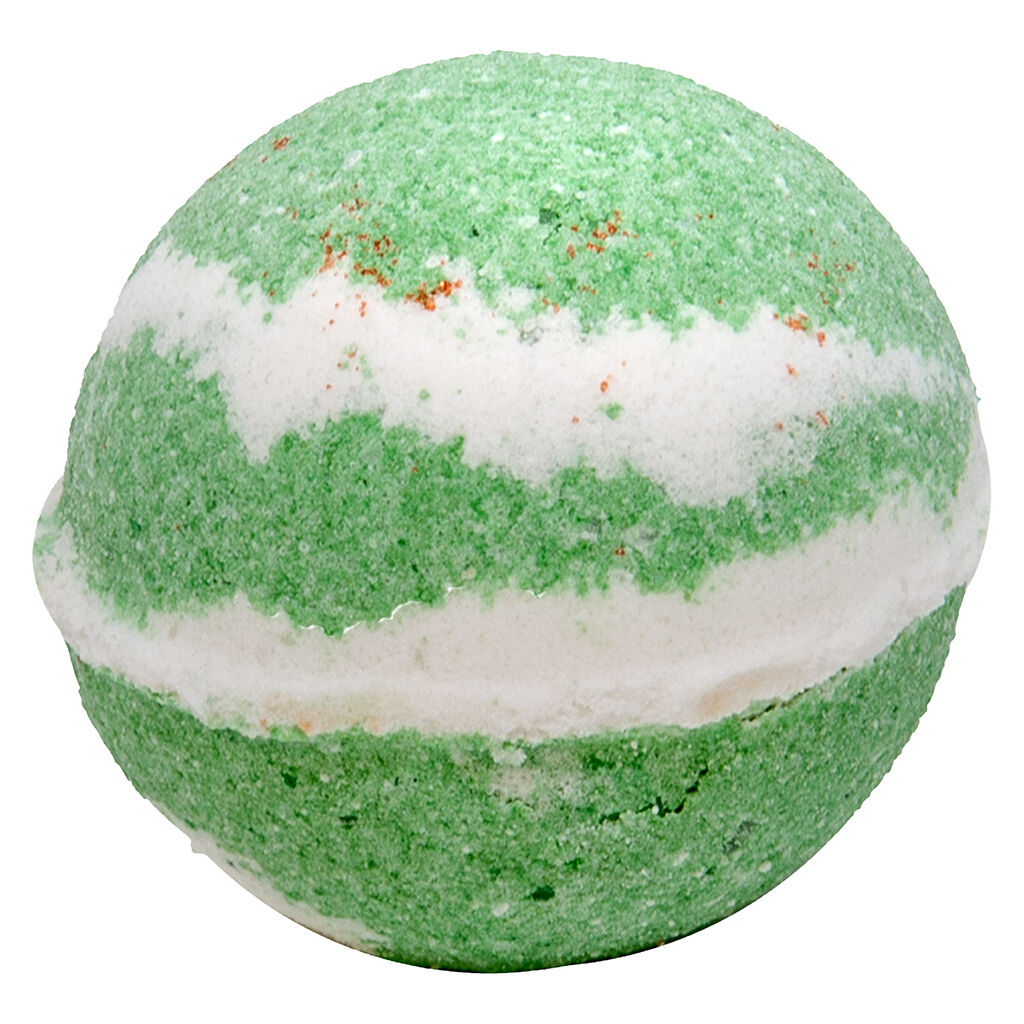CBD vs. THC for Pain Management: Which One is Right for You?
In recent years, the conversation around pain management has shifted dramatically, with many turning to cannabis derivatives like CBD and THC for relief. But how do these two compounds compare when it comes to alleviating pain? Let’s dive deep into the nuances of CBD and THC, and help you decide which might be the better option for your needs.
Understanding CBD and THC
CBD (Cannabidiol):
-
- Non-psychoactive: CBD does not produce the ‘high’ associated with cannabis use.
-
- Pain Relief: It interacts with the body’s endocannabinoid system, potentially reducing chronic pain by affecting receptor activity, reducing inflammation, and interacting with neurotransmitters. Research suggests CBD might be particularly effective for conditions where inflammation plays a key role.
-
- Best For: Conditions like arthritis, muscle pain, and inflammatory diseases. CBD is noted for its anti-inflammatory properties, which might help with conditions like rheumatoid arthritis.
THC (Tetrahydrocannabinol):
-
- Psychoactive: THC is the compound responsible for the high, which can also alter perception, mood, and consciousness.
-
- Pain Relief: THC binds directly with CB1 receptors in the brain and nervous system, providing potent pain relief, especially for acute pain or conditions like cancer pain where strong analgesia is needed. Studies have shown efficacy in managing cancer-related pain.
-
- Best For: Neuropathic pain, severe chronic pain, and conditions where a psychoactive effect might be beneficial or not a concern.
Which Conditions Respond Best to Each?
-
- CBD is often chosen for:
-
- Chronic Pain: Especially where inflammation is a key component. Research supports CBD’s role in managing chronic non-cancer pain.
-
- Arthritis: Both rheumatoid and osteoarthritis benefit from CBD’s anti-inflammatory effects.
-
- Fibromyalgia: For managing widespread pain and associated symptoms like fatigue, with studies providing insights into cannabinoid use in similar conditions.
-
- CBD is often chosen for:
-
- THC might be more effective for:
-
- Cancer Pain: Due to its strong analgesic effects, as evidenced by research.
-
- Neuropathy: THC can tackle nerve pain which might not respond well to traditional painkillers, supported by research on multiple sclerosis-related pain.
-
- Breakthrough Pain: When pain spikes suddenly, THC can provide quick relief.
-
- THC might be more effective for:
Top CBD and THC Products for Pain
-
- CBD Products:
-
- CBD Oil/Tinctures: For precise dosing and quick absorption.
-
- Topicals: Creams and balms for localized pain relief, ideal for arthritis or muscle pain.
-
- Capsules: For those preferring a consistent dose without the taste of oil.
-
- CBD Products:
-
- THC Products:
-
- Edibles: Long-lasting relief, though onset can be delayed.
-
- Tinctures: For those who need control over dosage and faster onset compared to edibles.
-
- Vaporizers: For quick pain relief without smoking; useful for acute pain episodes.
-
- THC Products:
Conclusion
Choosing between CBD and THC for pain management isn’t a one-size-fits-all decision. It depends on your condition, tolerance for psychoactive effects, legal status in your area, and personal health goals. Both compounds offer unique benefits, and in some cases, combining them might yield the best results.
By understanding the differences and applications of CBD and THC, you’re better equipped to make an informed choice for your pain management needs. Remember, always consult with a healthcare provider before starting any new treatment regimen.
Explore More:
- The Ultimate CBD Beginner’s Guide – Learn more about CBD basics and how to use it effectively.
- Cannabis and Sleep – Learn how components like THC, CBD, and CBN might help with sleep.
- CBD for Stress & Anxiety – Learn how CBD interacts with stress and Anxiety.
References:
- Johnson, J. R., et al. (2010). Journal of Pain and Symptom Management, 39(2), 167-179.
- Lynch, M. E., & Ware, M. A. (2015). Journal of Neuroimmune Pharmacology, 10(2), 293-301.
- Rog, D. J., et al. (2005). Neurology, 65(6), 812-819.
- Russo, E. B. (2008). Pain, 137(3), 655-659.
- Skrabek, R. Q., et al. (2008). The Journal of Pain, 9(2), 164-173.
Shop Now
Ready to explore? Check out our menu and explore our CBD and THC options.






